GM’s autonomous vehicle division Cruise recently announced that Cruise AVs have covered more than 2 million driverless miles, and the company continues to develop its fleet of driverless vehicles with new and improved features. One of the latest is autonomous honking, which is intended to improve on-road safety by alerting other drivers of potential hazards, such as if a car is about to back up into a Cruise AV. The feature has now been tested in the wild for roughly seven months, and Cruise reports positive results so far.
Cruise President Kyle Vogt recently shared a video on social media that shows a Cruise AV double-tapping the horn to warn a driver ahead of it as the other driver backs up towards the AV.
We recently challenged ourselves to see if @Cruise AVs could make humans better drivers, and it worked!
Over the past ~7 months we have reduced the number of avoidable collisions preventable by honking by 5x with careful use of a friendly double-chirp honk.
More details about… pic.twitter.com/LOfkz7XxJB
— Kyle Vogt (@kvogt) June 6, 2023
In a blog post, Cruise states that the company originally designed its AVs not to honk in order to avoid adding to excessive noise pollution in urban settings. However, the company later reconsidered to issue and determined that honking is an essential part to communicating with other drivers on the road, and as such, the company developed several honking protocols based on the driving situation at hand.
Cruise reviewed various instances of on-road contact where honking may have made a difference in the outcome. The company considered a number of different factors in determining how effective honking would be, including the classification of the road user, the distance of the road user from the AV, and the velocity of the road user in relation to the AV, all of which is used to determine the sort of honk issued. In addition, Cruise determined when honking might be considered excessive or unnecessary, such as honking near a hospital or in a quiet neighborhood early in the morning.
Cruise released the autonomous honk feature in August of 2022 and noted that the number of avoidable collisions encountered by cruise AVs decreased by a factor of five as a result.
Cruise is now operating driverless fleets in San Francisco, Austin, and Phoenix.
Subscribe to GM Authority for more GM technology news, GM Cruise news, and around-the-clock GM news coverage.

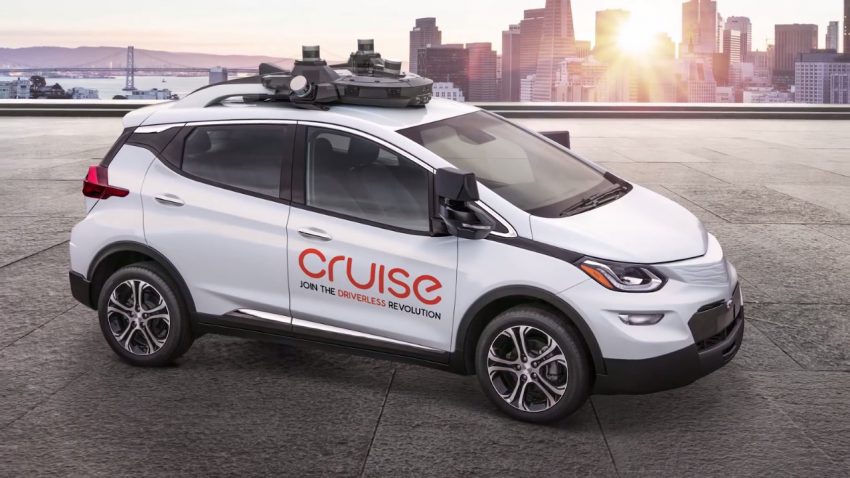
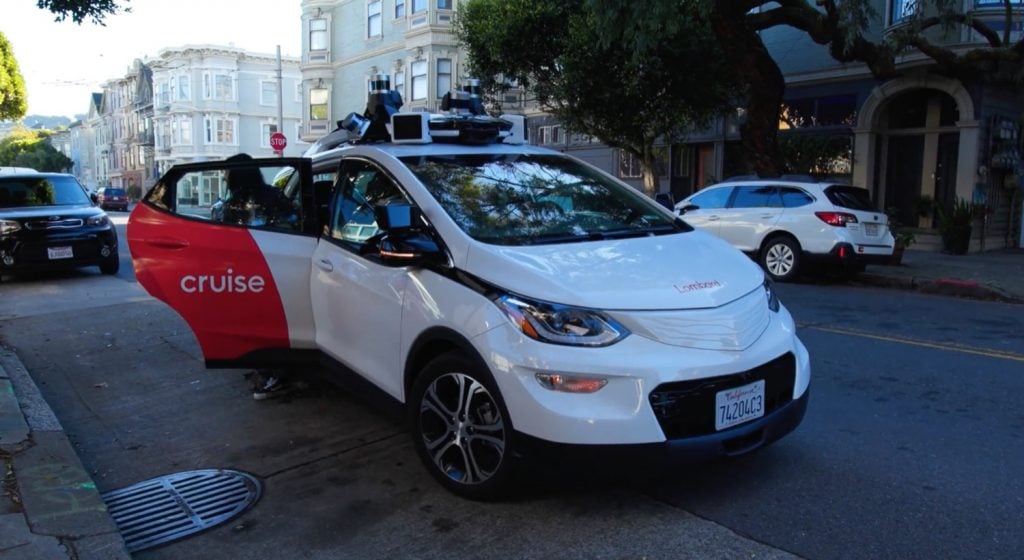

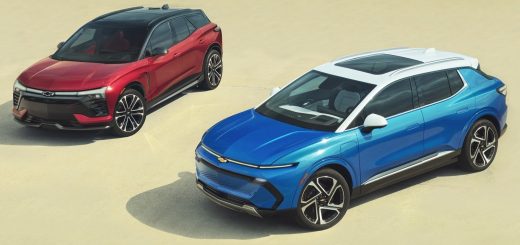
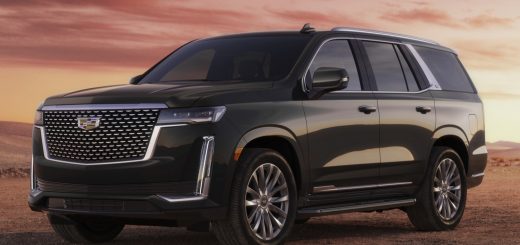

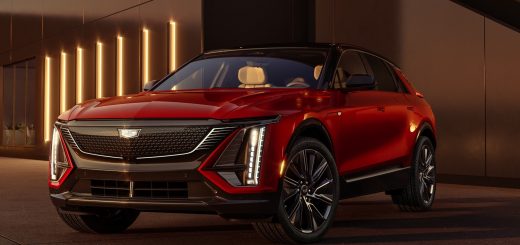

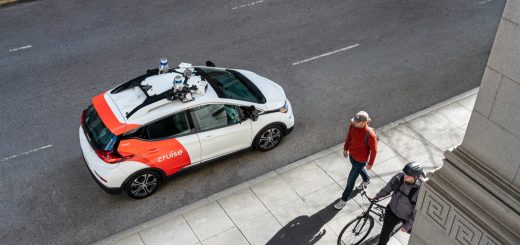




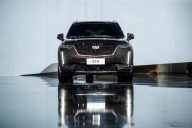

Comment
Just outlaw these dangerous vehicles!